
Location: Portland, Ore.
Occupation: I work at a dance studio called Datura (doing management and production, as well as teaching and performance) and I’m a professional belly dancer.
Connection to Balkan music/dance: I attend as many Balkan Night gatherings in Portland as possible. I host and perform with many touring Balkan bands (mostly from the Bay Area). I host a monthly dance event and our live band plays a mix of belly dance and Balkan music. I come down to The Bay Area several times a year to visit, and sometimes play with, musicians in the Balkan community here.
Number of times at Balkan camp: Yes, this was my first time at camp.
Experience at camp: The teaching staff was incredible! I loved how they worked together and with the students to weave such a beautiful tapestry of music and dance, friendship and knowledge. I loved the family-friendly atmosphere, and the gorgeous natural settings in which to absorb all the unique and genuine teachings. I learned so much and am eternally grateful.
Aside from that, my ONE moment that surprised/touched me, I suppose, was just seeing the children so welcomed, cared for by everyone, and included in many of the activities, even the evening parties. It really gave me a lot of joy seeing their learning in action, seeing them participate and absorb all of this rich culture in this loving, active, not so “mainstream” community. It’s important for the perpetuation of not just this style of music and dance, but also of the love and appreciation for large community gatherings filled with live music played by actual hands and mouths, and group circle dancing with sometimes challenging steps that everyone learns and loves—men and women, old and young, holding hands. I appreciate that this family-oriented atmosphere was directly working on keeping traditions alive outside of our technology-heavy world, making sure we don’t get lost from such an important, quintessential human way of celebration. I don’t see it much these days . . . true all-ages celebrations where everyone is genuinely thrilled to be there. It was very inspiring.
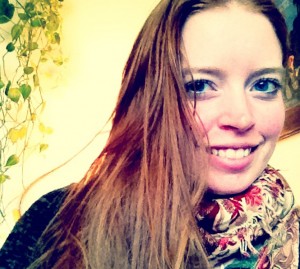
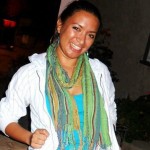
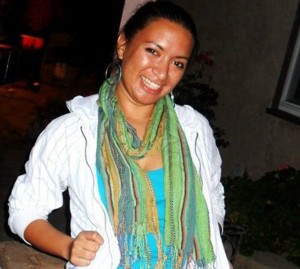
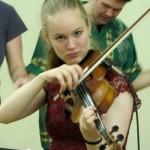
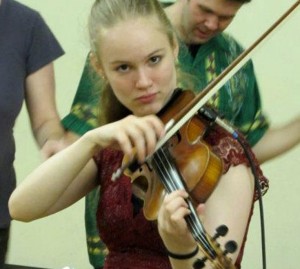
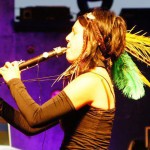
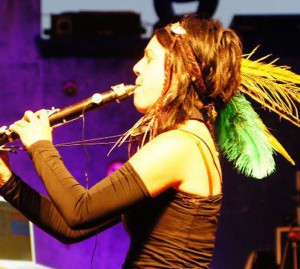
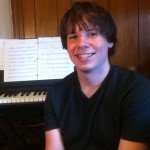
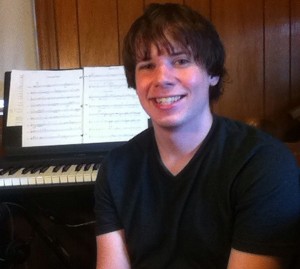
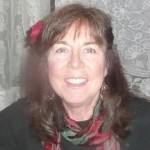
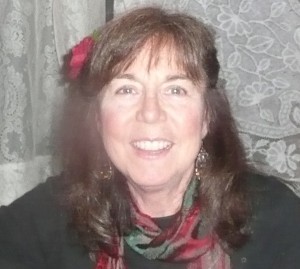
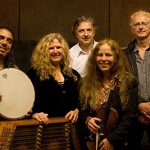
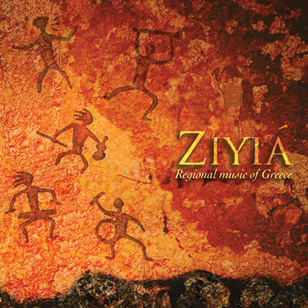 Now one of the premier Greek bands in the U.S., the East Coast and West Coast members of
Now one of the premier Greek bands in the U.S., the East Coast and West Coast members of 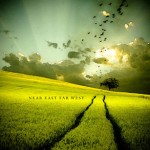
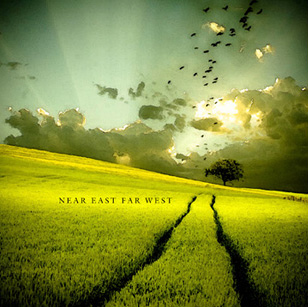
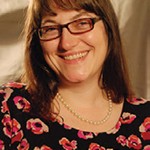
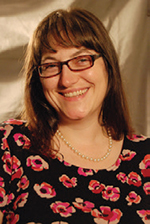
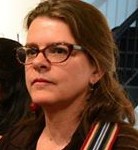
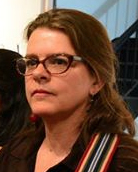 Our spring meeting was held in Brooklyn, N.Y., in late March, at Emily Cohen and Eric Frumin’s home. One of the important issues that came up was understanding our evolving responsibilities as a board. We started our conversation by sharing our expectations about the timing for when each of us plans to rotate off the Board, which led to a discussion as to what the role of the Board, is, and what qualities we would look for in future Board members.
Our spring meeting was held in Brooklyn, N.Y., in late March, at Emily Cohen and Eric Frumin’s home. One of the important issues that came up was understanding our evolving responsibilities as a board. We started our conversation by sharing our expectations about the timing for when each of us plans to rotate off the Board, which led to a discussion as to what the role of the Board, is, and what qualities we would look for in future Board members.